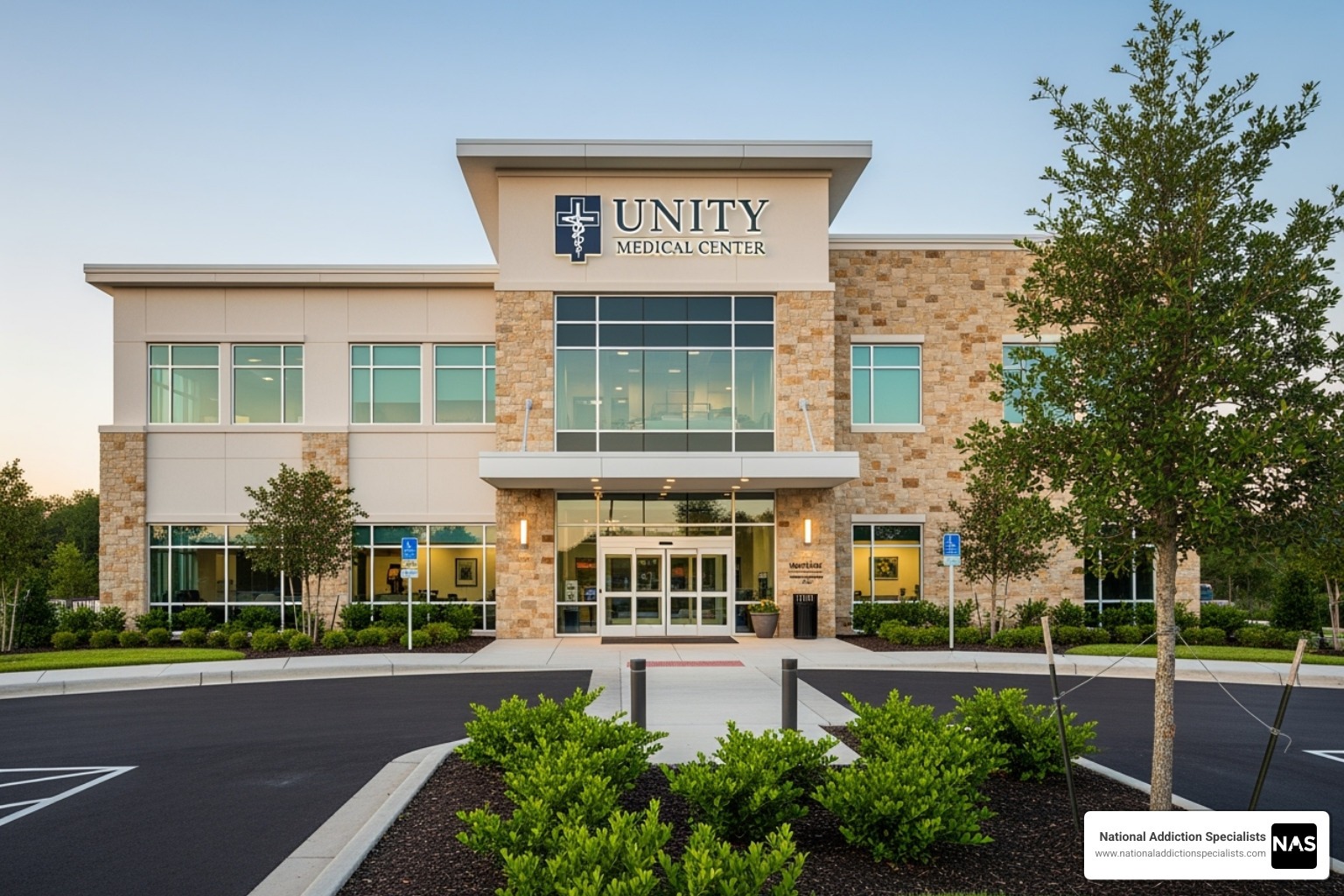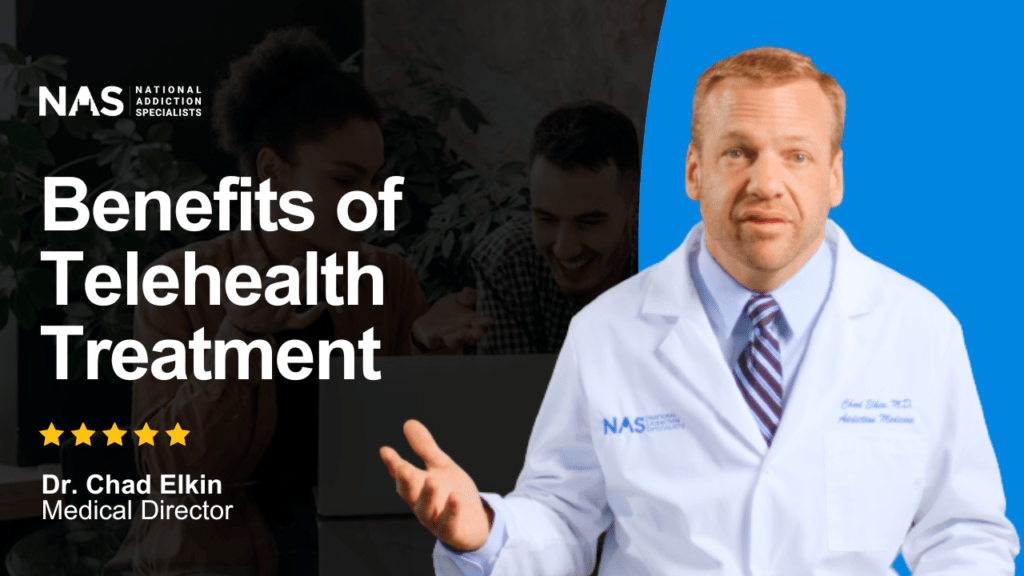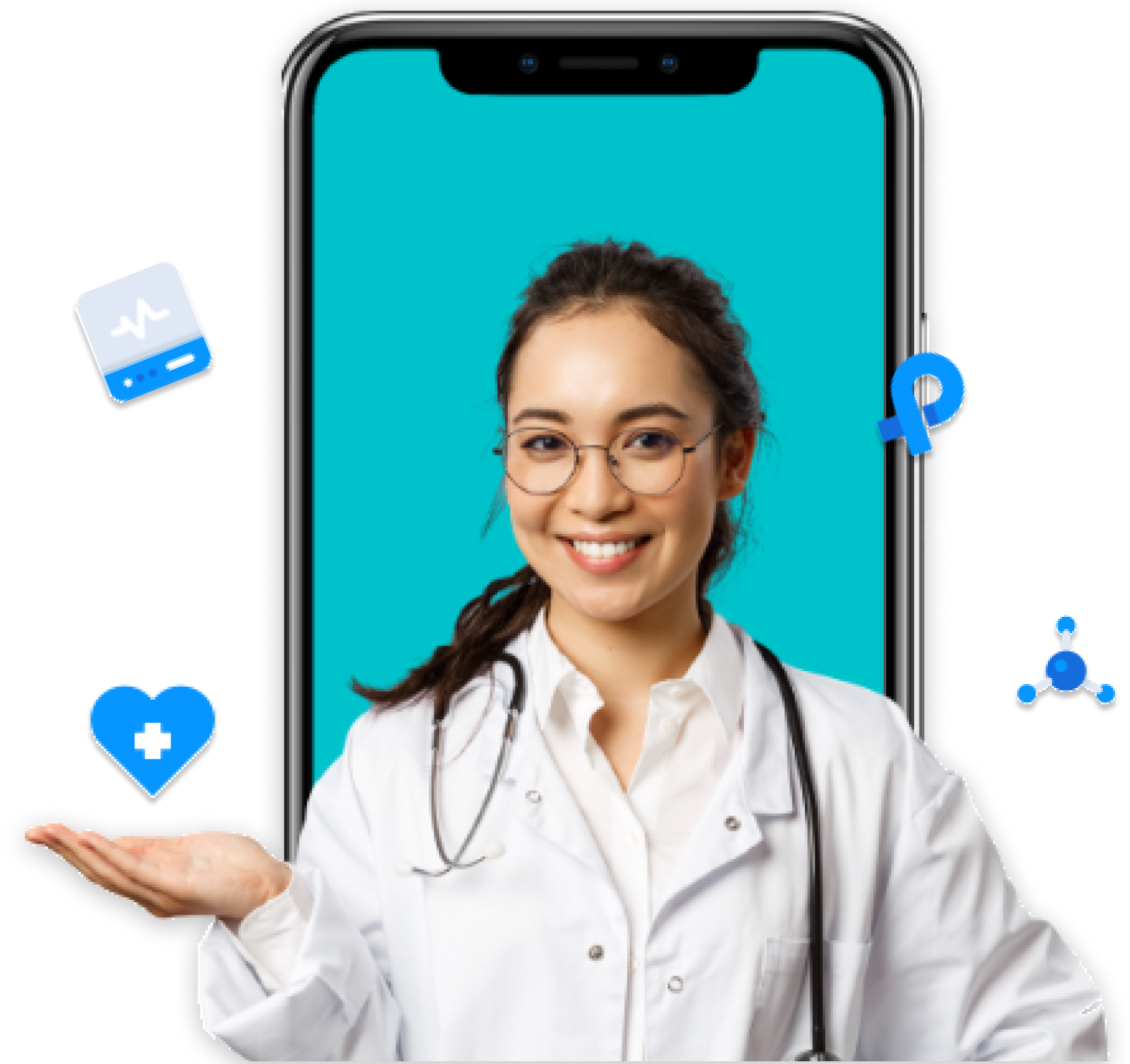Why Finding the Right Opioid Treatment Center Matters
If you’re searching for an opiate treatment center near me, you’re taking a brave and crucial first step toward recovery. In Virginia, where the opioid crisis has deeply affected communities from rural areas to urban centers, finding the right help is more important than ever. The good news is that the Commonwealth offers multiple pathways to healing, from traditional outpatient clinics to modern telehealth services that bring confidential treatment directly to your home.
Quick Answer for Virginia Residents:
- SAMHSA Treatment Locator: A national, confidential directory at findtreatment.gov where you can filter for providers in your specific Virginia zip code.
- Virginia Community Services Boards (CSBs): These are local public agencies that provide state-funded treatment and support services for mental health and substance use disorders.
- Telehealth Services: A growing and highly effective option, allowing you to connect with licensed Virginia providers online for consultations and prescriptions.
- Primary Care Referrals: Your family doctor can be a valuable first point of contact, often having trusted recommendations for local specialists and programs.
- Insurance Coverage: Most private insurance plans, as well as Virginia Medicaid and Medicare, provide coverage for medication-assisted treatment, making it an accessible option.
The opioid crisis has touched countless Virginia families, but recovery is absolutely possible. As one patient shared in our research: “Four years later, I am no longer a drug addict and feel much better walking with confidence.” This kind of change is not an isolated story; it is the expected outcome when people find the right combination of medication-assisted treatment and compassionate counseling support.
Medication-Assisted Treatment (MAT) is considered the gold standard for opioid addiction for a reason. It combines FDA-approved medications like Suboxone® or methadone with counseling to address both the physical dependence and the psychological drivers of addiction. Extensive research confirms that MAT increases survival rates, significantly reduces the risk of a fatal overdose, and empowers people to rebuild their careers, relationships, and lives.
Whether you prefer the structure of in-person care or the privacy and convenience of telehealth treatment, Virginia has options that can work with your schedule and comfort level. The key is finding a program that treats you with dignity and compassion while providing evidence-based care custom to your unique journey.
I’m Dr. Chad Elkin, a board-certified addiction medicine physician and founder of National Addiction Specialists. Over my years helping patients find the right opiate treatment center near me, I’ve seen how the right treatment approach can transform lives. Our mission is to make that transformative care accessible, convenient, and customized to the individual needs of every person we serve.
Key opiate treatment center near me vocabulary:
Understanding Opioid Addiction and Treatment Foundations
Opioid Use Disorder (OUD) isn’t just about willpower or moral character—it’s a real, diagnosable medical condition that fundamentally changes how your brain works. When someone develops OUD, they feel a compulsive, overwhelming need to use opioids, even when it’s causing serious, negative consequences in their life.
This disorder can start in different ways. Maybe you were prescribed painkillers after surgery and, over time, developed a tolerance, needing more to get the same relief. Or perhaps recreational use spiraled out of control. Either path can lead to the same place. In 2018, over 10 million Americans struggled with opioid abuse, a statistic that highlights just how widespread this public health crisis has become.
Here’s what makes OUD so challenging: your brain’s chemistry and structure actually change with repeated opioid use. Opioids hijack the brain’s reward system, flooding it with dopamine and creating a powerful association between the drug and feelings of pleasure. Over time, the brain adapts, reducing its natural dopamine production and rewiring the circuits that control reward, motivation, and memory. It’s not that you’re weak—your brain has been altered in ways that make stopping on your own incredibly difficult.
Physical dependence happens when your body gets used to having opioids present to function normally. If you stop using them, you’ll experience painful and distressing withdrawal symptoms like nausea, muscle aches, sweating, and intense cravings. Addiction is the behavioral component that goes deeper than physical dependence. It’s characterized by the continued, compulsive use of opioids despite losing jobs, damaging relationships, or harming your health. The science is clear: addiction creates lasting changes in brain circuits, which is why professional, medical treatment is so essential for long-term recovery.
Understanding that OUD is a treatable medical condition—not a personal or moral failure—is the first step toward healing. When you’re ready to search for an opiate treatment center near me, you’re making a courageous decision to seek the medical care needed to heal your brain and rebuild your life. The Opioids and Health Risks – Government of Canada offers additional information about how opioids affect your health.
What is Medication-Assisted Treatment (MAT)?
Think of Medication-Assisted Treatment (MAT) as giving your brain the medical support it needs to heal while you develop new skills for a life in recovery. MAT combines FDA-approved medications with counseling and behavioral therapies. It’s called the “gold standard” for opioid addiction treatment because decades of research show it works better than any other approach we have.
The beauty of MAT lies in its whole-patient approach. We don’t just focus on getting you to stop using drugs. Instead, a comprehensive treatment plan looks at your entire situation—your physical health, mental well-being, social support system, living situation, and goals for the future. This may involve case management to help with housing or employment, as well as therapy to address co-occurring mental health conditions like depression or anxiety.
Here’s how the medications help: they work on the same opioid receptors in the brain that illicit opioids do, but in a controlled, safe manner. They normalize your brain chemistry, block the euphoric effects (the “high”) of other opioids, and most importantly, they relieve those intense, distracting cravings and painful withdrawal symptoms that make early recovery feel impossible. When you’re not constantly fighting your own body, you can actually focus on the important work of counseling and rebuilding your life.
Many people worry that MAT is just “trading one drug for another.” This is a common and harmful misconception. The medications used in MAT are prescribed and carefully monitored by doctors to stabilize your brain, not to get you high. They allow you to function normally—go to work, take care of your family, and fully engage in therapy. It’s no different than a person with diabetes using insulin or someone with hypertension taking blood pressure medication to manage a chronic medical condition.
MAT gives you back control over your life while providing the essential medical support your brain needs to heal from the effects of addiction. Our Medication Assisted Treatment Program can help you understand how this evidence-based approach might work for your specific situation.
Key Medications Used in MAT
When you start looking into MAT options, you’ll encounter two main medications: Methadone and Buprenorphine (often combined with Naloxone and known by the brand name Suboxone®). Both are highly effective, but they work differently and are administered under different regulations.
| Feature | Methadone | Buprenorphine (Suboxone®) |
|---|---|---|
| How it works | Full opioid agonist – fully activates opioid receptors | Partial opioid agonist – partially activates receptors |
| Dispensing | Daily visits to a specialized clinic are typically required | Take-home prescriptions are available after stabilization |
| Overdose risk | Higher risk if misused due to full agonist properties | Lower risk due to a “ceiling effect” and safety features |
| Flexibility | Less flexible scheduling, can be disruptive to daily life | More convenient for maintaining work, school, and family life |
Methadone is a full opioid agonist, meaning it completely activates the opioid receptors in your brain, similar to other opioids. This makes it very effective for individuals with a long history of high-dose opioid use, but it also carries a higher risk of overdose if misused and requires daily visits to a specialized clinic for dispensing. This information is provided for educational purposes only—your doctor will determine what’s right for your situation.
Buprenorphine works as a partial opioid agonist. It activates your opioid receptors just enough to prevent withdrawal and cravings, but not enough to produce a significant high. This creates a “ceiling effect,” meaning that after a certain dose, taking more does not increase the effect, which greatly reduces the risk of overdose. When combined with Naloxone (as in Suboxone®), it has built-in safety features that discourage misuse.
The advantage of Buprenorphine is its combination of safety and convenience. After you’re stable on your dose, federal and state laws allow certified doctors to provide take-home prescriptions. This flexibility is a primary reason why many people searching for an opiate treatment center near me find Suboxone® treatment through telehealth to be a particularly appealing and sustainable option.
Our Suboxone Treatment Programs provide detailed information about how this medication can fit into your recovery plan.
The Proven Benefits of MAT
The research on MAT is clear, consistent, and overwhelmingly positive. People who receive MAT are significantly more likely to survive their addiction. This is the most important benefit, but it’s far from the only one.
MAT dramatically reduces illicit opioid use. By stabilizing brain chemistry and eliminating cravings and withdrawal, the medication removes the primary drivers of continued use. This directly leads to a significant reduction in overdose risk, which is one of the most frightening and deadly aspects of opioid addiction.
Your ability to gain and maintain employment improves with MAT. When you’re not spending your days obtaining and using drugs or suffering through withdrawal, you can focus on being a reliable employee. Many patients report that getting their job back or advancing in their career was one of the first signs that their life was returning to normal.
For pregnant women, MAT is the standard of care. It provides far better outcomes for both mother and baby compared to attempting to quit opioids without medical support. The medication helps prevent the dangerous cycle of withdrawal and relapse, which can be harmful to a developing fetus. It reduces the risk of neonatal abstinence syndrome (NAS) and helps ensure the baby is born healthier.
MAT helps you rebuild relationships with family and friends. When you are stable on medication and actively engaged in counseling, you can begin to repair the trust and connections that addiction may have damaged, fostering a strong support system for long-term recovery.
The evidence supporting MAT is so strong that leading medical organizations and government health authorities consider it the first-line treatment for opioid addiction. As noted by health authorities, opioid agonist treatment is the first-line treatment for opioid use disorder.
Make an Appointment to Treat Addiction
Please don’t hesitate. Make an appointment today.
This article was medically reviewed by:
Chad Elkin, MD, DFASAM is a board-certified addiction medicine physician, founder, and Chief Medical Officer of National Addiction Specialists, dedicated to treating substance use disorders. A Distinguished Fellow of the American Society of Addiction Medicine (ASAM), Dr Elkin currently serves as President of the Tennessee Society of Addiction Medicine (TNSAM) and has held various leadership roles within the organization. Dr Elkin chairs ASAM’s Health Technology Subcommittee and is an active member of its Practice Management and Regulatory Affairs Committee, State Advocacy and Legislative Affairs Committee, and other committees. He also serves on the planning committee for the Vanderbilt Mid-South Addiction Conference. Committed to advancing evidence-based policy, Dr Elkin is Chairman of the Tennessee Association of Alcohol, Drug, & Other Addiction Services (TAADAS) Addiction Medicine Council, which collaborates with the TN Department of Mental Health & Substance Abuse Services (TDMHSAS). He has contributed to numerous local, state, and national task forces, helping develop professional guidelines, policies, and laws that align with best practices in addiction medicine. His work focuses on reducing addiction-related harm, combating stigma, and ensuring access to effective treatment. Passionate about the field of addiction medicine, he remains dedicated to shaping policy and enhancing patient care.
Suboxone® and Subutex® are a registered trademark of Indivior UK Limited. Any mention and reference of Suboxone® and Subutex® in this website is for informational purposes only and is not an endorsement or sponsorship by Indivior UK Limited.








